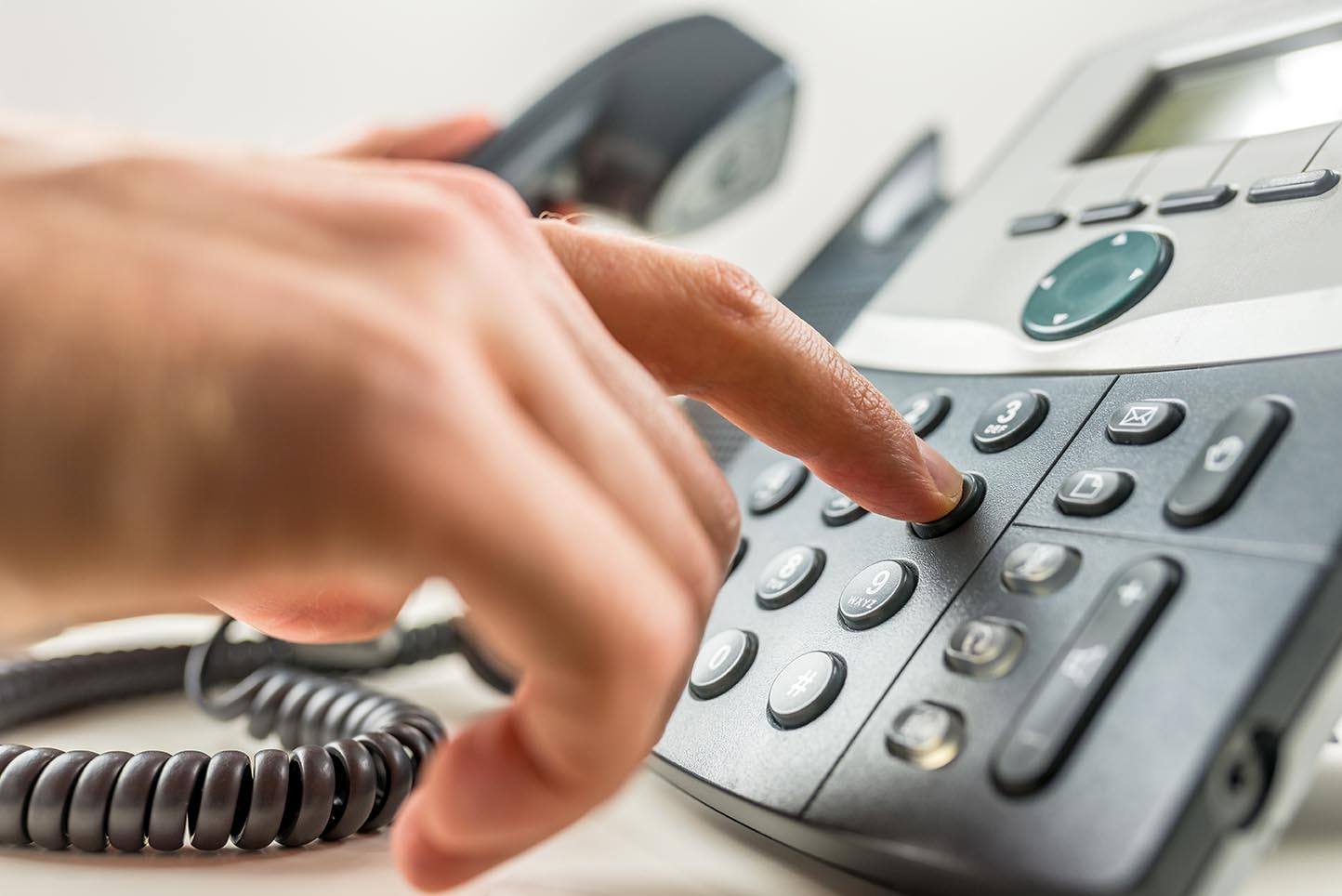5 TCPA-compliant Best Practices for Call Centers
The Telephone Consumer Protection Act (TCPA) of 1991 places restrictions on call centers that utilize an artificial voice, pre-recorded message, or an auto dialer to communicate a sales message via the telephone.
An amendment of the Act in 2012 added the requirement for prior written consent to be obtained before calling anyone on a cellular phone to relay a sales message, along with an automatic “opt-out” option for consumers who receive a robocall.
Here are a few of the high-level points to review to ensure your organization adheres to the law.
Scrub All Collections Telephone Numbers
When you purchase a subscription to a cloud-based call center management system, it comes with a number of features that help ensure your facility stays on top of TCPA compliance.
Cell phone scrubbing is an automated way of ensuring your firm isn’t calling cell phones or ported numbers that would constitute a violation of the TCPA. Cell phone scrubbing software compares numbers on the Do Not Call list with ported numbers to make sure they don’t appear on your outbound call lists.
Any numbers that constitute a violation are deleted from the list, keeping your organization within the law. Although the FCC does not consider collection calls a “telemarketing” endeavor, they still require prior written consent if you will be calling cell phones.
Cross-reference Numbers for Consent
With penalties of up to $1,500 per violation, it’s important that your call center follows the TCPA compliance guidelines for making sales calls. Written consent is required for any automated call or telemarketing campaign that utilizes robocalls in the attempt to sell a good or service.
A solid call center management service will not only record and retain consent for all wireless phone numbers, it will also cross-reference numbers against your call list. Any numbers that don’t have a written consent form are either flagged or deleted, keeping you in the clear from hefty fines.
When in Doubt, Dial Manually
Manually dialing adds a human element to the call, which allows a seasoned agent to either approve or reject a phone number based on the rules. By utilizing a cloud-based manually approved dialing system, you enable agents to examine account information and make sure all calls adhere to the rules. Note that this approach does open the door for instances of human error.
Segment Cell and Landline Numbers
The rules are different for calling cell phone numbers as opposed to landlines. Your firm may not make a prerecorded telemarketing call to a landline without prior written consent. The rules for cell phones apply to pre-recorded and auto-dialed calls, as well as text messages.
For this reason, it’s important to employ a call center management system that differentiates between cell phone and landline numbers. The most modern cloud-based systems have features that can automatically segment numbers according to the latest compliance rules.
Review Pre-recorded Scripts
Consumer uproar over telemarketing abuse created such a backlash that the latest version of the TCPA instituted some very specific rules for delivering recorded messages. An automated call center management system provides means to review all your pre-recorded scripts.
It’s important to identify your company or the person you are calling on behalf of at the beginning of each call, along with the name you use to conduct business with the State Corporation Commission. At another point in the message, you must provide a phone number where a live person can be reached, and it must not be the number used by the auto dialer.
Adhering to these five practices is the first step in protecting your firm from costly litigation and the headaches that come with stepping out of line with the TCPA.
